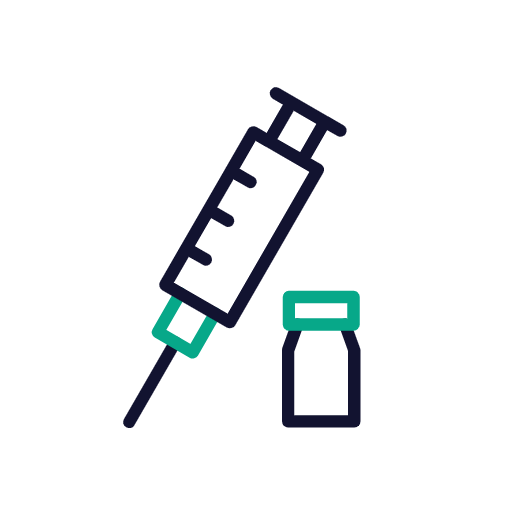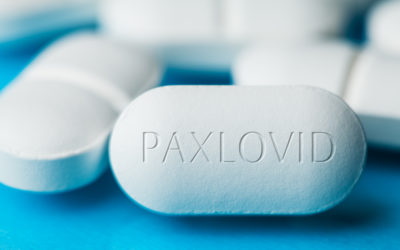On October 7th, 2022 the U.S. Food and Drug Administration (FDA) announced its approval of the Boostrix vaccine, commonly known as Tdap (combination of Tetanus Toxoid, Reduced Diphtheria Toxoid and Acellular Pertussis) for immunization administration during the third trimester of pregnancy to prevent pertussis in infants younger than two months of age.
Background
Pertussis is commonly referred to as Whooping cough, because of the “whooping” sound that someone makes when gasping for air after a coughing episode. Pertussis is a highly contagious respiratory infection caused by the bacterium Bordetella pertussis which can cause serious illness in people of all ages but is most dangerous for babies.
Most serious pertussis cases, hospitalizations, and deaths occur in infants younger than two months of age. According to the CDC, 4.2% of the total cases of pertussis reported in the United States in 2021 were in infants younger than 6 months of age with approximately 31% requiring hospitalization. Additionally, on average, about 1,000 infants are hospitalized and typically between 5- 15 infants die each year in the United States due to this illness.
Children aged 2 months of age or younger are not eligible for the Tdap vaccine. However, administering the Tdap vaccine to the mother during her third trimester of pregnancy, can boost the infant’s immune system by boosting antibodies in the mother, who then transfers the antibodies to the developing fetus.
Background of Boostrix

Confirmation of infection by diagnostic testing is not required for medication decision making. Decision making should be based on signs and symptoms of the illness. Influenza testing may be used to help make informed decisions on antibiotic and antiviral treatment use, the need for further diagnostic tests, and consideration for home care.
Interpretation of the test result should consider several factors, including the predictive values of the test, test sensitivity and specificity, time from illness onset to specimen collection, and prevalence of influenza in the patient population. All hospitalized patients with suspected influenza should be tested with RT-PCR. Furthermore, influenza testing may help inform decisions on infection prevention and control practices.
Road Towards Approval

Although the CDC has recommended the use of Tdap vaccines during the third trimester of each pregnancy, its specific indication for the prevention of pertussis in infants younger than 2 months was not yet specified or approved prior to October 7th. The lack of solid data around the effectiveness and safety of the Tdap vaccine on the newborn itself was what led to further research.
The determination of effectiveness of Boostrix administered during the third trimester to prevent pertussis among infants younger than 2 months of age was based on a re-analysis of the Boostrix-relevant data from an observational case-control study of Tdap vaccine effectiveness.
The FDA found this data as providing real-world evidence to support its latest approval. In this re-analysis, data from 108 cases of pertussis in infants younger than 2 months of age (including four cases whose mothers received Boostrix during the third trimester) and 183 control infants who did not have pertussis (including 18 whose mothers received Boostrix during the third trimester) resulted in a preliminary estimate of Boostrix as 78% effective in preventing pertussis among infants younger than 2 months of age, when administered during the third trimester of pregnancy.
The safety of Boostrix administered during the third trimester of pregnancy was assessed in a randomized, placebo-controlled study with a non-U.S. formulation of Boostrix. The FDA considered the safety data with the non-U.S. formulation to be of equivalent relevance as it contains the same components as the U.S. formulation of the vaccine, except that the non-U.S. formulation contains more aluminum per dose.
Moving Forward
With this new approval and newfound research around the safety and efficacy of the Boostrix vaccine for the prevention of Pertussis in infants younger than 2 months, strides will be made towards reducing the amount of hospitalizations due to this illness.
References:


